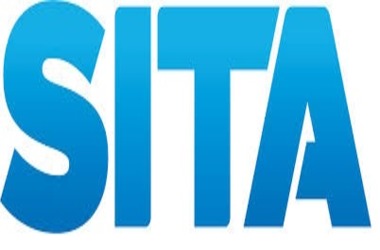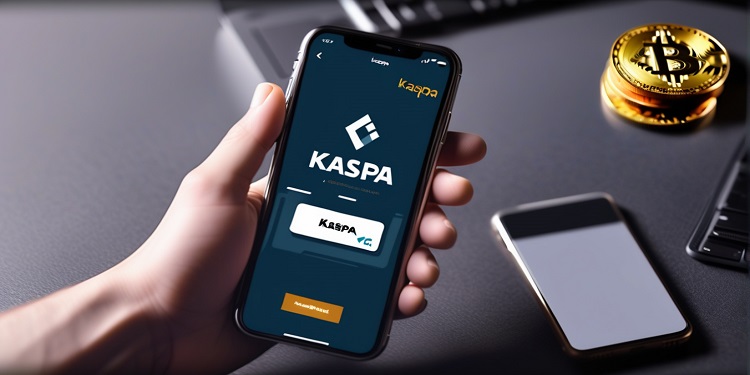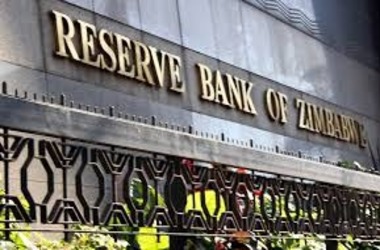 Infotech and air transport communications firm Sita and trade organization ULD Care are studying the feasibility of utilizing blockchain technology to save a minimum of $400 million per year in the air cargo business.
Infotech and air transport communications firm Sita and trade organization ULD Care are studying the feasibility of utilizing blockchain technology to save a minimum of $400 million per year in the air cargo business.
Blockchain technology permits air cargo firms to electronically trace and document airline cargo containers’ change of control, or Unit Load Devices (ULDs), as they move from one destination to another.
These enterprises intend to slash industry expenses, enhance efficiency, cause minimum losses and avoid damage to freight.
The planned blockchain platform will also incorporate validation and trust-based features to minimize tampering risk, prevent illegal trade and cybercrime, and eliminate fraud and money laundering via trade.
Bob Rogers, vice president and treasurer of ULD Care, explained the benefits of using blockchain technology in shipments:
“A container travelling from Shanghai to Long Beach could take up to 30 days to finish its journey, but the true travel time on sea or road is only around 15 days, with the remaining time spent on back-office and paperwork. The use of blockchain could revolutionize that process.”
As of date there are a maximum of 12 custodial firms tracking cargo using paper based records. That makes the process cumbersome and sometimes causes problems related to transparency and trust. On the contrary, blockchain technology can save both cost and time, while resolving several issues faced by cargo sector.
Matthys Serfontein, president of Air Travel Solutions for Sita, informed that the company is currently piloting blockchain technology based platform to assess benefits:
“We are looking at blockchain very closely and we’re excited to test the potential of the technology to transform the air cargo industry.”
Mathys also underlined that blockchain technology can improve performance in several industries other than cargo handling, and issues related to airline industry in general.
IBM Indonesia has partnered with blockchain powered platform TradeLens. A recent publication indicates that over 25 pharmaceutical firms, logistics companies, distributors and other pharma supply chain representatives interested in implementing blockchain technology to trace prescription of drugs after finishing a trial program with the US FDA (Food and Drug Administration).








